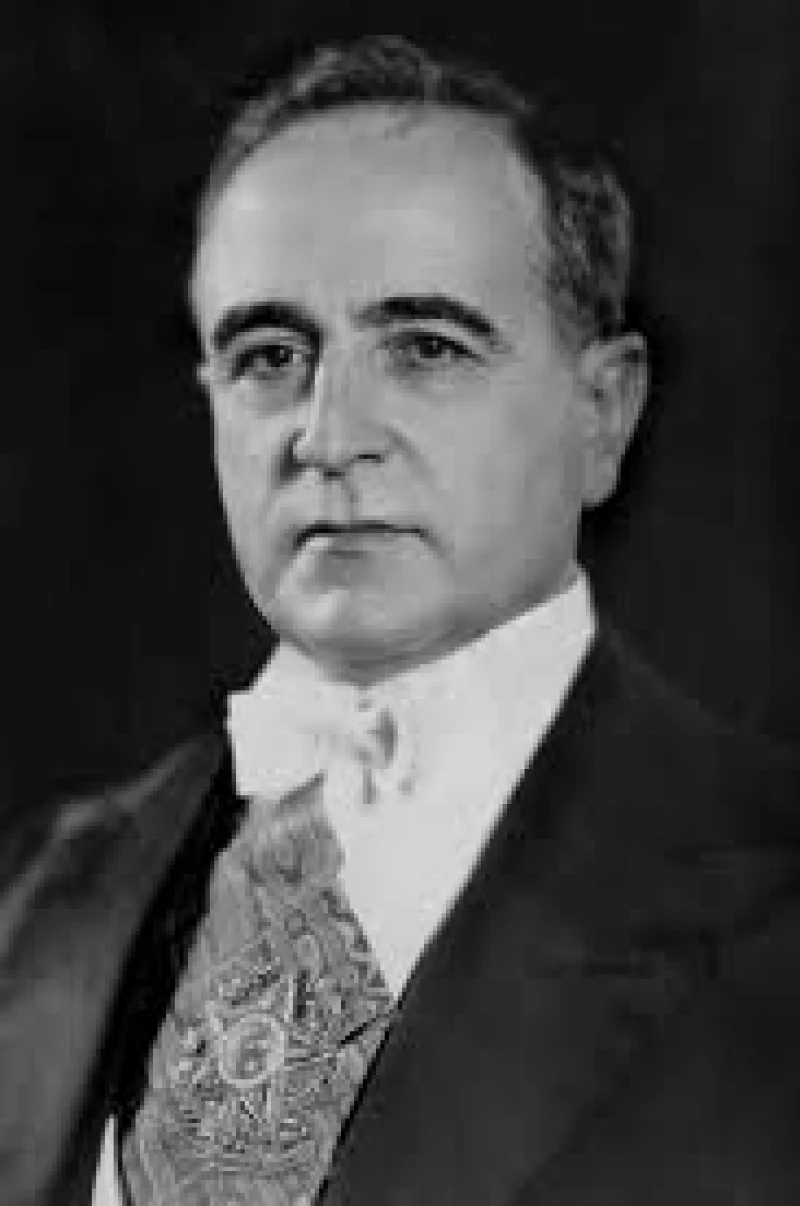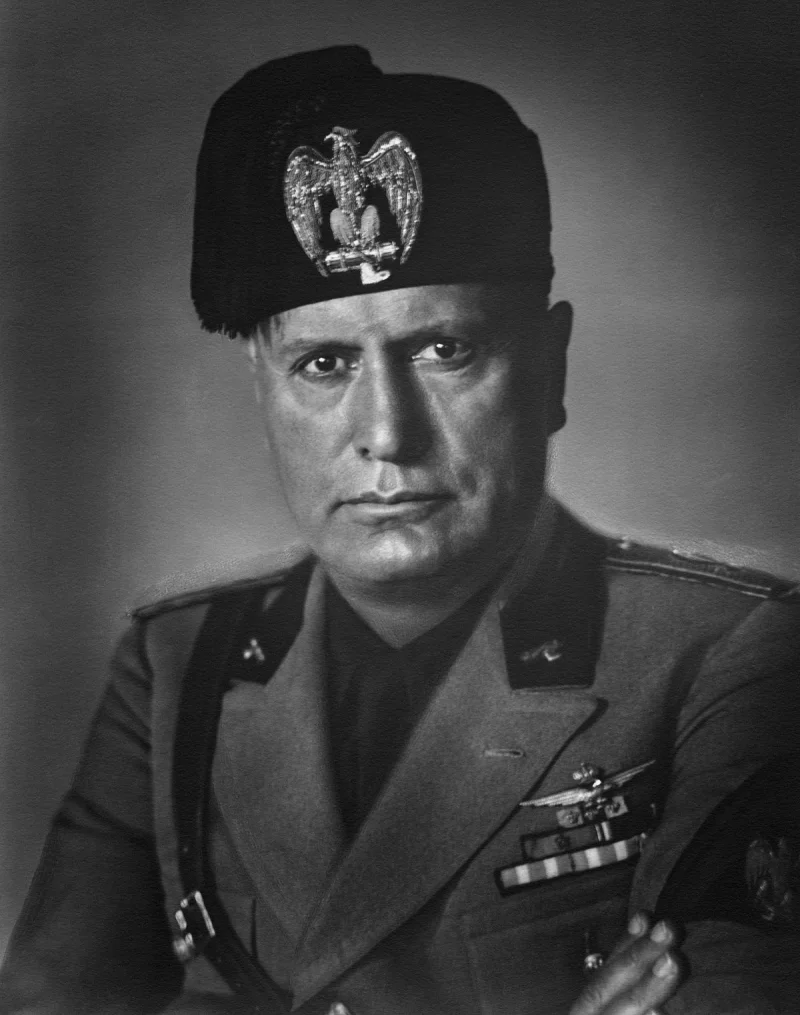Short Summary
Getúlio Vargas was a prominent Brazilian politician who played a pivotal role in the country’s history during the 20th century. Serving as the President of Brazil for two non-consecutive terms, he is best known for his leadership during the Vargas Era, which saw significant modernization and industrialization of Brazil. He is remembered for his efforts to improve the social and economic conditions of the Brazilian population and for establishing labor rights. Vargas's influence and policies left a lasting impact on the political landscape of Brazil.
Early Life & Education
Getúlio Dornelles Vargas was born on April 19, 1882, in São Borja, Rio Grande do Sul, Brazil, into a family with a strong political background. His father, Manuel do Nascimento Vargas, was a military officer, which likely influenced Vargas's interest in politics. Vargas pursued his early education in local schools before attending the Military School of Rio Pardo. He later shifted his focus to law, graduating from the Porto Alegre Law School in 1907. His legal education provided him with a foundation for his future political career, as he gained insights into governance and public administration.
Career Highlights
Vargas began his political career as a member of the state legislature in Rio Grande do Sul and quickly rose through the ranks to become the Minister of Finance in 1926. In 1930, he led a successful revolution that resulted in his becoming the provisional President of Brazil. Vargas served in this role from 1930 to 1945 and again from 1951 until his death in 1954. His time in office was marked by efforts to modernize Brazil’s economy and infrastructure, as well as by the implementation of social reforms aimed at improving the welfare of workers.
Major Achievements
- Established the Estado Novo regime: Vargas centralized federal power and implemented economic and social reforms.
- Introduced labor laws: He enacted laws to establish minimum wages, regulated work hours, and improved workers' rights.
- Promoted industrialization: Vargas's policies laid the groundwork for Brazil's transformation into a modern industrialized nation.
- Founded Petrobras: Under his leadership, the state oil company was created to develop Brazil's petroleum resources.
Famous Quotes
- "I leave life to enter history."
- "Forces are not measured by size, but by the capacity to act."
Interesting Facts
- Vargas committed suicide while in office in 1954, a dramatic end that shocked the nation.
- He is often referred to as the "Father of the Poor" for his social welfare initiatives.
- Vargas was both a dictator and a democratically elected president, a unique aspect of his political career.
Legacy / Influence
Getúlio Vargas left an indelible mark on Brazil's political and social landscape. His policies laid the groundwork for modern labor laws and contributed to the establishment of a more industrialized economy. Despite the controversial aspects of his governance, including authoritarian tendencies, his efforts in social reform and economic development have had a lasting influence on Brazilian society and politics.
FAQ
Q: Why is Getúlio Vargas famous?
A: He is famous for his role as President of Brazil and for modernizing the country through social and economic reforms.
Q: What were Vargas's contributions to labor laws?
A: He introduced policies establishing minimum wages, regulated work hours, and improved workers' rights.
Q: How did Vargas's presidency end?
A: His presidency ended when he committed suicide in 1954 while facing political pressure and crisis.









